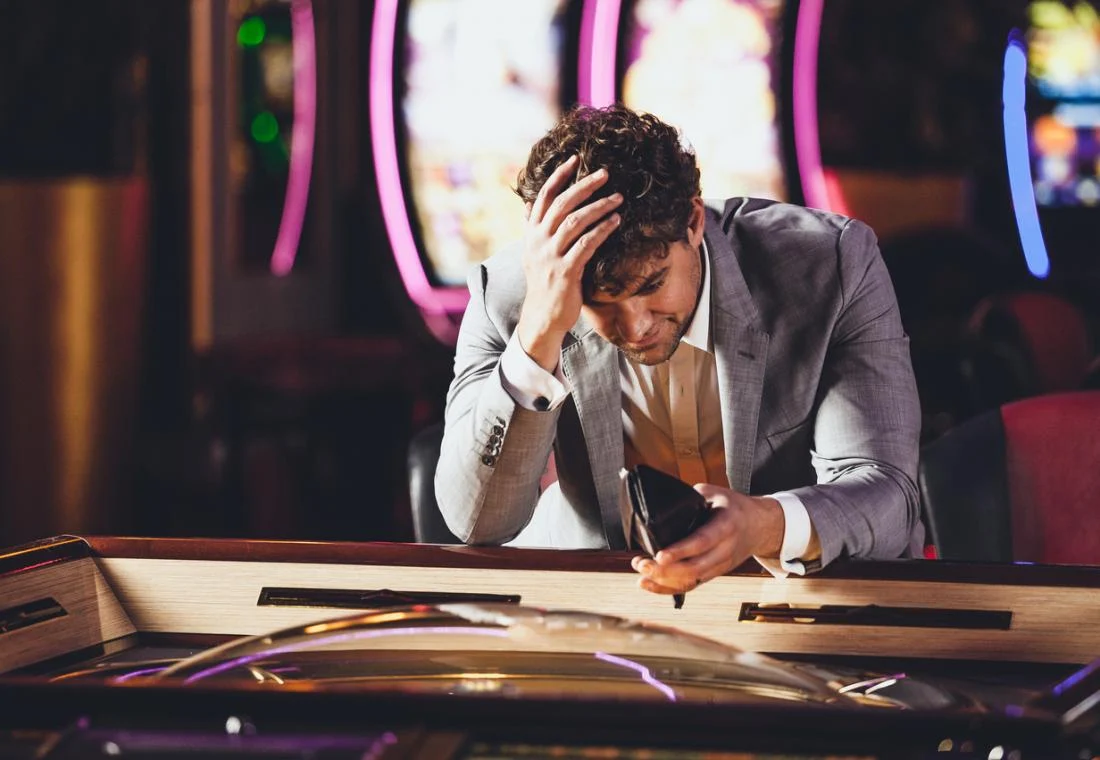
The Illusion of Control: Why Do Online Casino Players Believe in Strategies That Don’t Work?
Gene
- 0
When gamblers click to go to Playzilla, they often arrive armed with numerous strategies that they believe will help them conquer the odds. Interestingly, many of these strategies are proven ineffective in influencing the inherently random outcomes of most casino games. Why, then, do players persistently believe in these strategies? The answer lies in a fascinating psychological phenomenon known as the “illusion of control.” In this article, we’ll delve deep into this concept, examining why online casino players cling to ineffective strategies and how casinos subtly reinforce this belief.
What is the Illusion of Control?
The illusion of control is a psychological bias where individuals believe they can influence or control outcomes that are fundamentally random or beyond their control.
Understanding the Psychological Mechanism
The human brain craves predictability and order. When gamblers engage with casino games, they subconsciously seek patterns and believe their actions significantly affect results, even when outcomes are purely chance-based. This cognitive distortion is deeply rooted in the human psyche, significantly influencing gambling behaviors.
Reinforcement Through Experience
Casinos often inadvertently reinforce the illusion of control through occasional wins or near-misses. These intermittent reinforcements amplify the player’s belief in their strategies, despite their ineffectiveness, encouraging continued engagement and deeper investment.
Common Casino Strategies Rooted in Illusion
Several popular casino strategies persist solely because of the illusion of control, despite lacking genuine effectiveness.
Martingale Betting System
The Martingale strategy involves doubling bets after each loss, aiming to recover previous losses upon eventually winning. Despite mathematical proofs highlighting its long-term ineffectiveness, many players trust it because it offers an intuitive sense of control.
Gambler’s Fallacy
The gambler’s fallacy is the belief that past events affect future outcomes. Players wrongly assume if a roulette wheel hits black multiple times consecutively, red is “due” to appear next. This erroneous belief provides gamblers with a false sense of predictability.
Lucky Numbers and Rituals
Players frequently believe in lucky numbers, symbols, or rituals. These personal superstitions offer emotional comfort and perceived control, though statistically, they have zero influence on the randomness of results.
Why Do Players Hold onto Ineffective Strategies?
Multiple psychological and emotional factors contribute to the persistence of ineffective gambling strategies.
Cognitive Bias and Selective Memory
Selective memory plays a crucial role in reinforcing ineffective strategies. Players vividly recall successful outcomes attributed to their methods but conveniently forget frequent failures, enhancing misplaced confidence.
Emotional Comfort and Stress Reduction
Strategies provide emotional comfort by reducing the perceived randomness of gambling. This comfort decreases anxiety and uncertainty, encouraging gamblers to repeatedly rely on ineffective methods.
Casino Tactics Reinforcing the Illusion of Control
Casinos, intentionally or unintentionally, leverage psychological tactics to strengthen players’ belief in control.
Near-Miss Experiences
Near-miss outcomes closely resemble winning scenarios, significantly boosting excitement and reinforcing the illusion that a strategy nearly succeeded. Casinos design games to regularly produce near-misses, amplifying players’ conviction in their methods.
Interactive Game Features
Games offering interactive elements, like selecting numbers or making strategic choices, enhance perceived control. Players mistakenly believe these choices significantly influence results, fueling continuous engagement.
The Neurological Basis of Illusion of Control
Neurological factors provide crucial insights into why gamblers remain susceptible to believing ineffective strategies.
Dopamine and Reward Anticipation
Gambling activities trigger dopamine release, enhancing reward anticipation and pleasure. Heightened dopamine levels reinforce beliefs in personal strategies, linking their implementation to anticipated rewards, even without logical basis.
Brain’s Pattern Recognition
The human brain excels at identifying patterns, even in random environments. This neurological tendency leads gamblers to perceive patterns in random casino outcomes, wrongly attributing successes to their personal strategies.
Consequences of Believing in Ineffective Strategies
Persistently believing in ineffective strategies significantly impacts gamblers’ financial, emotional, and psychological well-being.
Financial Losses
Reliance on ineffective strategies typically results in increased financial losses over time, as gamblers escalate wagers based on misplaced confidence rather than logical risk assessments.
Emotional Distress
Repeated failures due to ineffective strategies cause frustration, anxiety, and emotional distress. Players may persistently chase losses, worsening emotional and psychological impacts.
Strategies to Counter the Illusion of Control
Players can adopt specific strategies to counter the illusion of control, fostering responsible and rational gambling habits.
Education and Awareness
Gaining comprehensive knowledge about gambling probabilities, randomness, and the limitations of various strategies significantly reduces susceptibility to cognitive biases.
Mindfulness and Self-Awareness
Practicing mindfulness during gambling sessions enhances awareness of cognitive biases and emotional impulses. Mindful gambling encourages logical analysis and rational decision-making, diminishing reliance on ineffective strategies.
Realistic Expectations
Maintaining realistic expectations helps players accept the inherent randomness of gambling outcomes. Recognizing that strategies cannot consistently influence these outcomes reduces frustration and impulsive betting.
How Casinos Can Promote Responsible Gaming
Casinos can implement measures promoting responsible gambling, mitigating negative impacts of the illusion of control.
Transparent Communication
Clear communication about odds, probabilities, and the inherent randomness of games helps educate players, reducing reliance on ineffective strategies.
Responsible Gambling Tools
Offering robust responsible gambling tools, such as betting limits, session reminders, and self-exclusion options, empowers players to manage gambling behaviors effectively, reducing harmful consequences from ineffective strategies.
The Ethical Implications of the Illusion of Control
The psychological exploitation inherent in fostering illusions of control raises ethical considerations.
Ethical Casino Practices
Casinos bear ethical responsibilities to protect players from excessive losses due to cognitive biases. Adopting ethical practices, transparency, and proactive player education significantly enhances player welfare and industry integrity.
Player Protection
Active player protection measures, including recognizing signs of problem gambling linked to the illusion of control, demonstrate a casino’s ethical commitment, enhancing long-term player loyalty and satisfaction.
Future Trends: Reducing Illusion of Control
Emerging trends suggest increased efforts to reduce harmful effects of the illusion of control in gambling environments.
Advanced Player Analytics
Casinos increasingly utilize sophisticated analytics to identify harmful gambling patterns linked to ineffective strategies. Proactive interventions, such as targeted communications or temporary restrictions, help mitigate negative impacts.
Innovative Educational Approaches
Future casinos will likely adopt innovative educational tools, including interactive simulations and personalized player insights, to effectively dispel misconceptions and enhance player understanding of gambling realities.
Conclusion: Navigating the Illusion of Control
Understanding the psychological phenomenon of the illusion of control provides essential insights for responsible gambling. Recognizing why ineffective strategies persist when players enables better decision-making and healthier gambling behaviors.
Through education, self-awareness, realistic expectations, and responsible gambling practices, players can effectively counteract the illusion of control. Ultimately, empowering gamblers with knowledge and tools fosters enjoyable, controlled, and sustainable gaming experiences, benefiting both players and casinos alike.


